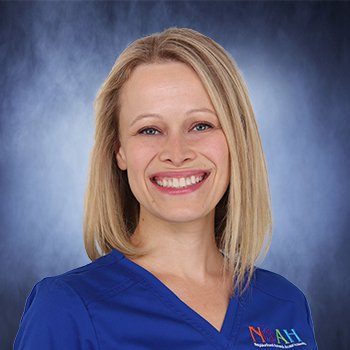5 Tips to Eat Healthy During Summer
With summer in full swing and your kiddos out of school, you may notice that your family’s mealtime routine is a bit more relaxed. It’s easy to indulge in beverages and foods which increase your empty caloric intake which can put on extra weight. And as we age, those pounds are much harder to get rid of.
Make healthy eating year-round; exercise helps burn those extra calories, but what about the lack of vitamins and minerals you may be missing out on? The best way to maintain a healthy diet is to develop and keep a mealtime routine and offer a variety of nutritious foods for your family year-round.
Try following these tips:
- Buy a variety of foods. When you go grocery shopping, start in the fruits and vegetables area. Then head over to the dairy and meats section. This allows you to focus on macronutrients that your body needs (carbohydrates, proteins, and fat). These nutrients give your body the energy it needs to maintain a balanced diet. By filling your cart with these foods first, you are less likely to have room for processed items that include high sugar, sodium, and carbs your body doesn’t need.
- Meal prep. It’s not just for the work week. Making good nutrition choices is easy if you prep right after you go grocery shopping. Designate a shelf or drawer in your refrigerator that includes cut-up fruits and vegetables, portioned out. In your pantry place the healthier items such as dry roasted edamame or chickpeas, low-sugar breakfast bars and nut/fruit trail mix, and popcorn in the front so these are the first items to grab. These snacks can be portioned out ahead of time making it much easier for your family to choose when they are hungry.
- Be mindful. Eating together whenever possible is a great way to catch up with your family and allows you to enjoy your food. Fill your plate with lean protein, vegetables, and grains. Fresh fruits make a great dessert option and help clean your palate. Most importantly, take the time to chew properly and taste the goodness.
- Smart drinks. This, especially during the summer months when it’s hot, can be tricky. Instead of grabbing a sugar-filled beverage, have ready-to-go containers filled in the fridge with water, low-fat or fat-free milk, or milk alternatives in the front that are easy to grab and go. This will help everyone avoid those empty calories.
- Get everyone involved. Going to the grocery store with your whole family can be an adventure that’s for sure, but it can also be an opportunity to educate your kiddos on what to buy and how to read labels. Teaching them the importance of a healthy diet at a young age will make them more likely to stick with it into their teens and beyond. It also allows them to learn how to make healthy food purchases.
But don’t stop here, meal prepping is way more fun as a family activity and it speeds up the process, making it feel less like a chore and more like a family bonding experience. Kids can peel fruits and vegetables, measure and scoop and assemble bags.
Eating healthily may reduce any sluggish feelings you may experience from processed carbs, high-saturated fats, and high-sugar drinks. According to the Centers for Disease Control and Prevention (CDC), the benefits of healthy eating may boost immunity, strengthen bones, and reduce your risk of developing chronic diseases. For more information on nutritional eating benefits, visit https://www.cdc.gov/nutrition/resources-publications/benefits-of-healthy-eating.html.



